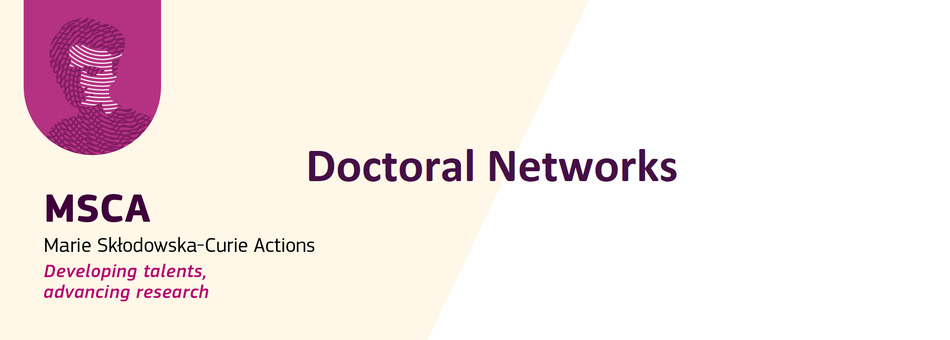Expected Outcome:
Increasing sustainability, viability and resilience of climate friendly agricultural production are key objectives of the farm to fork strategy. The adoption and enhancement of more biodiversity-friendly farming systems is among the objectives of the EU biodiversity strategy for 2030. In line with these objectives, the successful proposal will support policy makers with science-based evidence on the impacts and externalities of livestock farming as part of the food system and wider ecosystem.
Activities under this topic will contribute to all of the following expected outcomes:
- Assembled collation of comparable and sound data on positive and negative impacts and externalities from the terrestrial livestock sector in accordance with internationally agreed methodology
- Quantitative, qualitative and monetized evidence of the social, economic and environmental impacts and externalities of different livestock production systems (extensive, intensive, organic, different animal species), and their relation to particular food systems (e.g., short supply, circular, market oriented…) as well as trade-offs/synergies assessed at farming and landscape scale
- Recommendations/policy advice on more effective tools in mitigating negative externalities and increasing positive externalities in different terrestrial livestock production systems
- Ensured more intensive and broader communication and dissemination of evidence-based knowledge in the EU and beyond, and make it accessible to all stakeholders groups, citizens and civil society at large.
Scope:
The current debate on positive or negative impact and values of animal production is based on abundant contradictory data and on the difficulties in quantifying natural processes linked to agricultural production and land use. Negative and positive impacts and externalities, including potential trade-offs, should be deeply investigated in different types of farming systems, practices and environments. The project will build on a wide range of scientific information, reports, expert opinions and other available material such as databases.
The following elements should be incorporated:
- Provide a comprehensive study on the positive and negative impacts and externalities of terrestrial livestock farming systems in different social, economic and environmental contexts across Europe at farm, landscape and regional levels
- Mapping of research and innovation projects as well as complementary initiatives, vision papers and reports on impact and externalities of different terrestrial livestock farming systems (extensive, intensive, organic, different animal species) within different food systems
- Develop methods and indicators to measure the scale, range and degree of identified externalities in different livestock systems
- Generate data on the aggregated effects of environmental, social and economic externalities available to allow the assessment of net global impact. Elaborate potential scenarios at national, regional levels through the use of existing or improved modelling
- Improve the understanding of the co-benefit of livestock systems for biodiversity and ecosystem services, land use/change, circularity, GHG emissions/savings, energy consumption, air/water/soil quality, human diet/health, animal health and welfare, food and nutritional security
- Provide new and improved evidence to support decision makers, public authorities, other organizations and stakeholders in the assessment of the socio-economic and environmental impacts and externalities of terrestrial livestock production systems around Europe, building on the specific elements above
- Communicate sciencebased evidence of the impacts of terrestrial livestock systems on climate, environment, biodiversity and ecosystem services as well as potential for improvement towards sustainable livestock systems. The socio-economic dimension should be considered.
In order to better address some or all of the expected outcomes, international cooperation is encouraged. The project will seek to engage a dialogue with and feed into any relevant structure or organization at European level and beyond such as Standing Committee on Agricultural Research (SCAR)[1], FAO, Livestock Environmental Assessment and Performance Partnership (LEAP, FAO)[2], Global Agenda for Sustainable Livestock (GASL)[3], etc.
Proposals must implement the 'multi-actor approach’ and ensure adequate involvement of the main stakeholders involved in terrestrial livestock production systems and their sustainability (e.g., farmers, advisory services, policy makers, producers, land managers, ecology and nature conservation experts, social scientists and other relevant actors).
This topic should involve the effective contribution of Social Sciences and Humanities (SSH) disciplines.
[1] https://scar-europe.org/
[2] https://www.fao.org/partnerships/leap/en/
[3] http://www.livestockdialogue.org/en/





